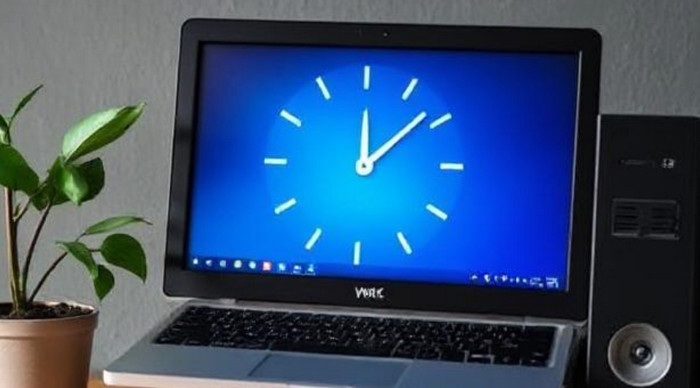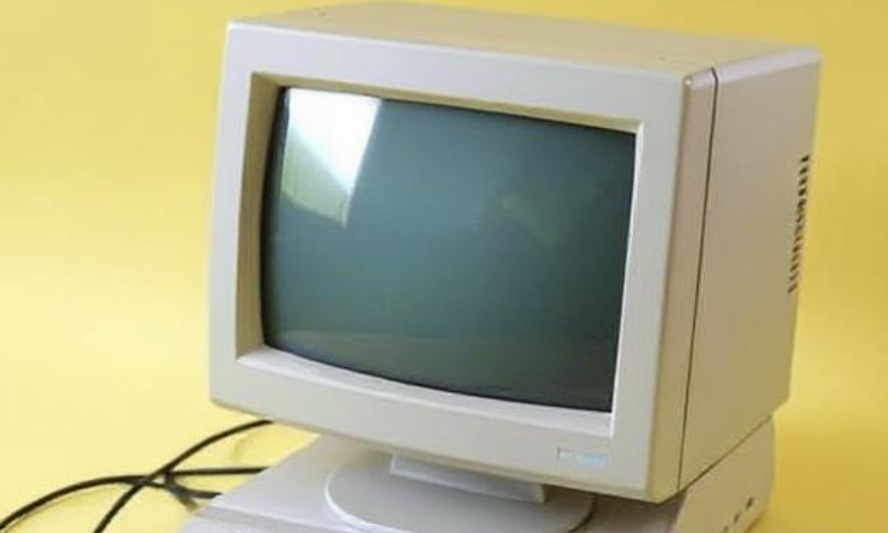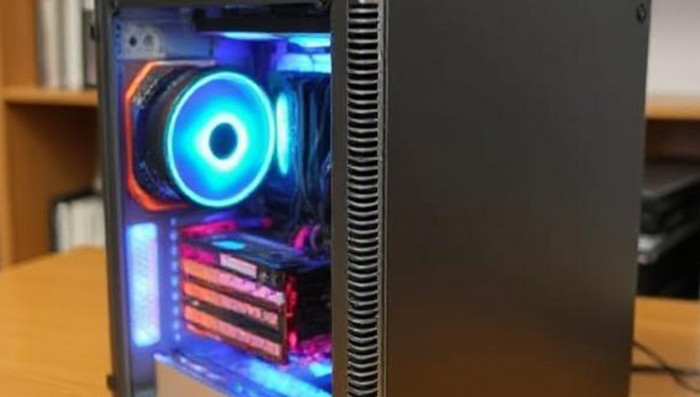Is your once-speedy computer now crawling at a snail’s pace? A slow PC can be frustrating, whether you’re trying to work, game, or just browse the web. The good news is that most slowdowns are fixable if you know the cause.
In this comprehensive guide, we’ll explore the top reasons why PCs slow down and provide step-by-step solutions to restore performance.
1. Too Many Background Programs Running
Why It Slows Your PC
Every program running in the background consumes CPU, RAM, and disk resources. Over time, apps you don’t even use can pile up, choking your system.
How to Fix It
✔ Open Task Manager (Ctrl + Shift + Esc) → Check the Startup tab → Disable unnecessary programs.
✔ Use “msconfig” (Windows 7/8) or Task Manager (Windows 10/11) to manage startup apps.
✔ Uninstall bloatware (pre-installed junk software) via Settings > Apps > Uninstall.
2. Low Disk Space (Especially on HDDs)
Why It Slows Your PC
When your hard drive (HDD) is nearly full, Windows struggles to manage temporary files and virtual memory, causing slowdowns. SSDs slow down less but still suffer when full.
How to Fix It
✔ Run Disk Cleanup (Search for “Disk Cleanup” in Start Menu).
✔ Delete large files (Videos, old downloads, duplicate files).
✔ Move files to an external drive or cloud storage.
✔ Upgrade to an SSD if still using an HDD (massive speed boost).
3. Outdated or Corrupted Drivers
Why It Slows Your PC
Old, missing, or corrupted drivers (especially graphics, chipset, and storage drivers) can cause lag, crashes, and poor performance.
How to Fix It
✔ Update drivers manually via Device Manager (Right-click Start Menu > Device Manager).
✔ Use Windows Update (Settings > Windows Update > Check for updates).
✔ Download latest drivers from manufacturer websites (NVIDIA, AMD, Intel, etc.).
4. Malware or Viruses
Why It Slows Your PC
Malware runs hidden processes, steals resources, and may even mine cryptocurrency without your knowledge.
How to Fix It
✔ Run a full scan with Windows Defender (Settings > Update & Security > Windows Security).
✔ Use a trusted antivirus (Malwarebytes, Bitdefender, Kaspersky).
✔ Avoid shady downloads and phishing emails.
5. Too Many Browser Tabs & Extensions
Why It Slows Your PC
Each open Chrome/Firefox tab eats RAM. Extensions (especially ad-heavy ones) make it worse.
How to Fix It
✔ Close unused tabs (or use “Sleeping Tabs” in Edge).
✔ Disable/remove unnecessary extensions.
✔ Use a lightweight browser (Firefox, Brave) if Chrome is too heavy.
6. Overheating (Dusty Fans & Poor Ventilation)
Why It Slows Your PC
When a PC overheats, it throttles performance to prevent damage, causing slowdowns.
How to Fix It
✔ Clean dust from fans & vents (Compressed air works well).
✔ Check CPU/GPU temps (HWMonitor, Core Temp).
✔ Improve airflow (Don’t block vents, use a cooling pad for laptops).
7. Fragmented Hard Drive (HDD Only)
Why It Slows Your PC
Files get scattered over time, making the hard drive work harder. (SSDs don’t need defragging!)
How to Fix It
✔ Run Defragmentation (Search “Defragment” in Start Menu).
✔ Schedule automatic defrags (For HDDs only).
8. Windows Updates & System Corruption
Why It Slows Your PC
Buggy updates or corrupted system files can cause instability.
How to Fix It
✔ Run System File Checker (SFC) → Open CMD as Admin → Type sfc /scannow.
✔ Use DISM Tool → DISM /Online /Cleanup-Image /RestoreHealth.
✔ Reset Windows (Last resort: Settings > Recovery > Reset This PC).
9. Insufficient RAM
Why It Slows Your PC
If your PC constantly uses 90%+ RAM, it relies on slow virtual memory (page file), causing lag.
How to Fix It
✔ Upgrade RAM (8GB is minimum for modern use, 16GB+ for gaming/editing).
✔ Close memory-heavy apps (Check Task Manager).
10. Power Settings (Laptops on Battery Saver)
Why It Slows Your PC
“Power Saver” mode reduces performance to save battery.
How to Fix It
✔ Switch to “High Performance” or “Balanced” mode (Control Panel > Power Options).
Bonus: Quick Performance Boosts
-
Disable visual effects (System Properties > Performance Options > Adjust for best performance).
-
Disable unnecessary services (Type “services.msc” in Run dialog).
-
Use a lightweight antivirus (Windows Defender is often enough).
Final Thoughts
Most PC slowdowns are fixable with cleaning, updates, and optimizations. If your PC is still slow after trying these fixes, consider:
-
Upgrading to an SSD (Best speed boost for old PCs).
-
Adding more RAM (Helps with multitasking).
-
Reinstalling Windows (Fresh start removes all clutter).
By following these steps, you can bring your PC back to life and enjoy smooth performance again! 🚀💻


